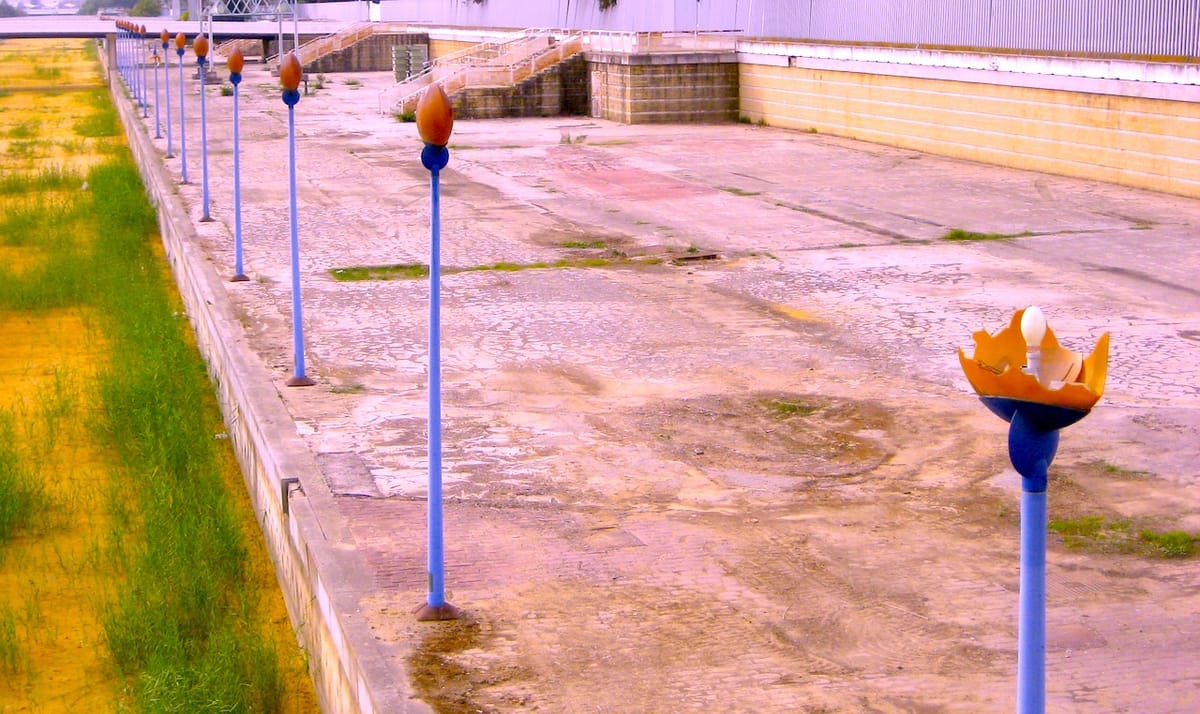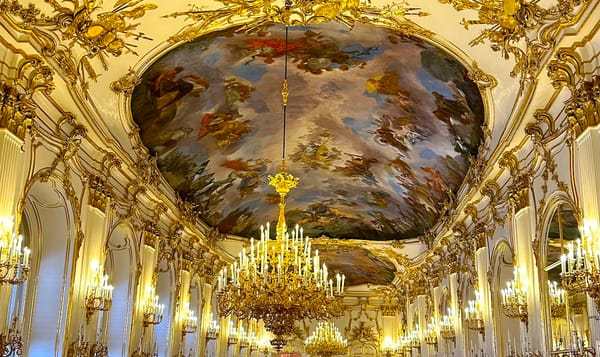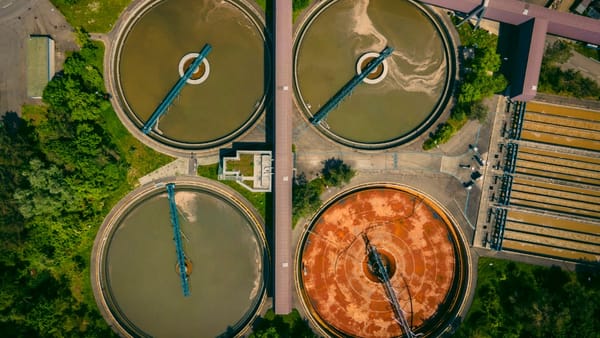institutions won’t save us
they couldn't even save themselves

How fragile the american project turned out to be! We have the military rolling through our major cities less than a year after the fascist coup. Who's coming to save us? The opposition party? The courts? The mainstream media? The turmoil of the world seems to have captured every institution I've ever trusted. This is not a time for comfort. Back in 2008 I crowed to friends that we'd never have a Republican president again in our lifetimes. I once hoped we could one day win the right to food with a clever reading of the equal protection clause (it's a long story).
The opposition with its long game has subverted these institutions. They can and have made institutions do the opposite of what people in power once designed them to do. Many of the institutions in free fall these days are older than me. Some were even designed to discriminate against me. So why do we keep them around?
the bulwarks
Institutions are enduring. It's easy to believe that they can withstand anything. Government entities and national nonprofits have a certain timeless quality to them. They establish and preserve norms that are hard to change. They also hold a huge amount of influence within society. After 2020, too many people hoped that the worst was over. The courts, the federal agencies, the societal norms had all held. They were fragile even back then. The same agencies getting away with overreach were often too timid in the face of some new reality. Why was our current president never prosecuted for treason? Why did I have to pin all my hopes on obscure state finance litigation? People hoped that these bulwarks would stand against anything. But I'm not here to praise institutions. A statue doesn't know which direction it's facing, does it?
empty vessels
Institutions aren't apolitical. They're empty shells that we fill with people. People change all the time. They rotate in and out of institutions. They bring in their agendas, their interests, their cultures. The erosion of cultural norms can happen slowly or all at once. What norms were governing these places, anyway? Most institutions in the u.s. have always oriented towards one worldview. Artificial white supremacy governed these places for centuries. Why did people put so much faith in them now? Two major institutions stand out for me.
Courts. People see courts at every level as a stoic, impartial entity. But the court system has never treated everyone as equals. It's still bad: the Heritage Project has spent years and millions of dollars to keep it that way. This week, the supreme court heard arguments against state bans on conversion therapy. Last year, they ruled against allowing providers to gender-affirming care. In both cases, those trans-affirming policies were unconstitutional. The same court that gave us Loving and Obergefell also gave us Dred Scott and Jim Crow. The only difference is who was on the court.
Voting. Too many people are waiting for the tide to turn in 2026. We can't beat fascism at the ballot box. Republicans in Texas are gerrymandering its opposition out of power. Another rich conservative bought a voting machine company to make it harder to vote. Every 4 years, people blame red state voters for voting against their own interests. But the reality is that in every election it becomes harder to vote. My home state of Washington has required mail-in voting for all elections since 2011. Budget cuts at the post office mean that ballots mailed on or before election day may no longer count. https://www.spokesman.com/stories/2025/sep/26/washington-ballots-mailed-on-election-day-or-even-/ . "One person, one vote" is what many of us learned in high school social studies. This has been untrue since america's birth. Enslaved Black people counted as 3/5 of a person for representation purposes and could not vote. Today, lawmakers use voter ID laws, fewer polling stations, and more to keep people from voting.
what to do about it
Both of these institutions represent a hollowing-out of institutions that many people trust. Bad actors rely on people's goodwill for the institution while they make it worse. What can we do about it?
Values check. What was it about the institutions in your life that made you trust them? What can you expect from them going forward? Is the institution the same if it opposes you? Who did the institution oppress back when you liked it? Was that a worthy sacrifice?
People check. Who was steering those ships? How much power did they have? How much did their own agenda influence that famously impartial entity? Who shares our values now? Where are they putting their energy?
Build new, don't replace. Imagine our beloved institutions are gone. How else can we fill the niche it left behind? What can replace the good work that organization or entity was doing? We can put our trust in people we know easier than we can trust new institutions. Imagine the institutions that remain. What would happen if they were also captured? How would you know it was coming? How would you know if it was already here?
how were they going to save us?
I've learned a hundred ways in the past 10 years how I misplaced my faith in institutions. It's grim and surprising how easy they were to twist and subvert into something new. The institution is a symbol of something larger than itself. But like any entity, it's full of people. People are fallible and can be ignorant of threats at their doorstep. People can have motives that put others in harm's way. People can manipulate and be manipulated. I'm not arguing for cynicism: I only want people to be skeptical of any request of them to give up their autonomy.
The institutions that we may have put our trust in are gone. Despite their history they were too fragile to maintain and too easy to subvert. All we have for sure is each other. What will we do with that?



